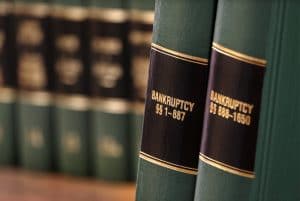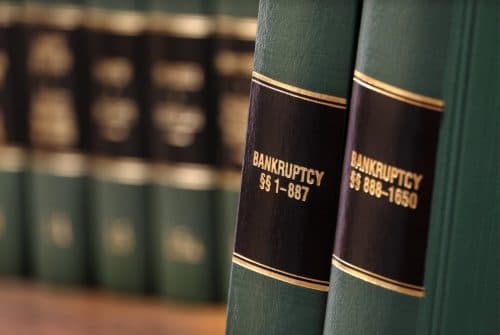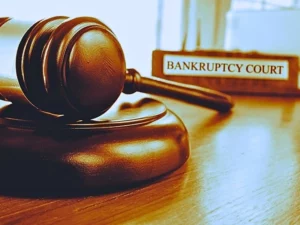
What Happens When You Declare Bankruptcy?
Protection from creditors begins immediately after filing for Chapter 7 or Chapter 13 with an automatic stay. All collection attempts must stop immediately after filing for bankruptcy, including wage garnishments, seize money from bank accounts, or make collection calls. A consultation with a bankruptcy attorney can help debtors understand what rights and responsibilities they have during the process.

With Bankruptcy Protection Comes Responsibility
While filing for bankruptcy will keep creditors at bay, the person filing does have responsibilities they must fulfill. Debtors are required by the bankruptcy court to take a few mandatory classes. Being that filing for bankruptcy is often a drastic and last resort for some people, individuals are required to get credit counseling before they file.
Within a few weeks of filing, the debtor is required to attend a creditors meeting, which is also called a 341 hearing. This is a meeting between the debtor, his or her bankruptcy trustee, and any creditors who want to attend. During this meeting, the debtor will be asked questions about his or her financial situation and why he or she decided to file bankruptcy. The entire meeting usually lasts between five to ten minutes.
- For Chapter 7 filers, it will be determined what property is exempt for liquidation. For many filers, their property is usually exempt unless it has been used as collateral to secure a debt. If the individual is required to liquidate assets, he or she will be required to surrender the asset(s) or pay the equivalent case value to creditors.
- For Chapter 13 filers, a payment plan will be created for their debts to be paid, including priority debts that must be paid in full, like child support, alimony, and taxes. The plan is based on how much the debtor owes and what his or her income is. The debtor in a Chapter 13 plan must make his or her payment each month to their assigned trustee in addition to making their regular payments. Failure to make payments to the trustee could lead to the automatic stay being lifted and Chapter 13 protection being canceled.
What Else Happens After Filing for Bankruptcy?
Filers can expect their credit scores to take between a 100 to 200 point hit after filing for bankruptcy. The good news is that as debts are canceled out, their scores will start to go up again. However, they should be aware that credit reports will show they have filed for bankruptcy. A Chapter 7 bankruptcy will remain on a credit report for 10 years, while a Chapter 13 will stay on the report for seven years.





